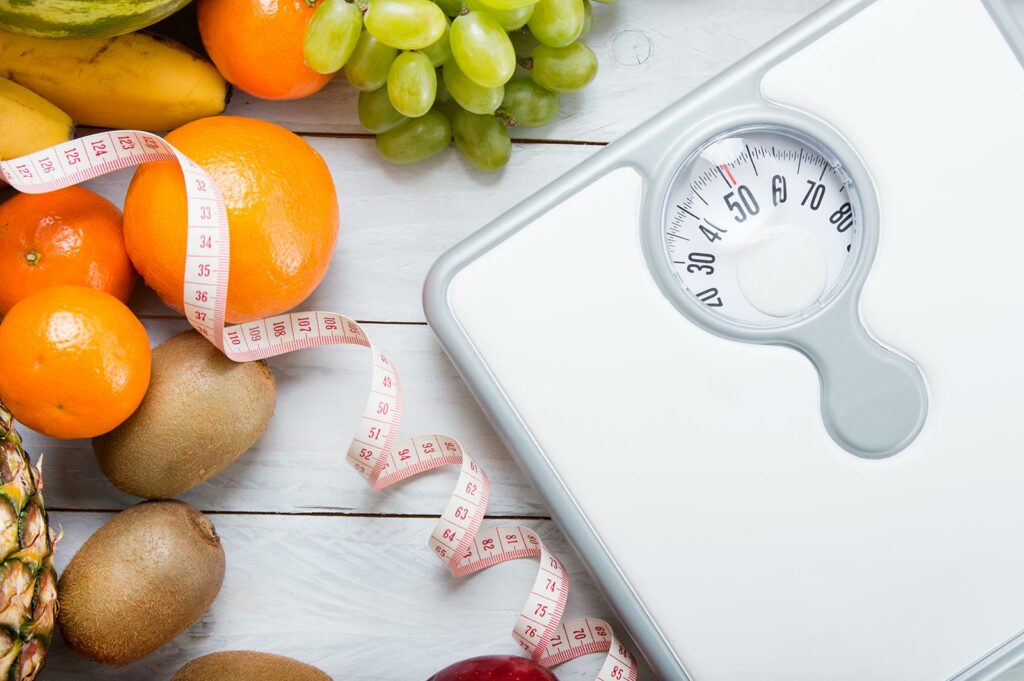Fruits are a staple in many diets around the world, known for their health benefits, including vitamins, minerals, and fiber. When it comes to weight loss, fruits play a complex role due to their nutrient composition, natural sugars, and calorie content. This comprehensive guide explores the relationship between fruit consumption and weight loss, offering insights into how fruits can be incorporated into a weight-loss plan effectively.
Understanding Fruit and Weight Loss
Fruits are rich in dietary fiber, water content, vitamins, and minerals, while being relatively low in calories. This combination makes them an excellent choice for weight loss, as they can help you feel full for longer periods, reducing overall calorie intake. However, fruits also contain natural sugars, which can impact blood sugar levels and weight loss efforts if consumed in large quantities.
The Role of Fiber
Fiber plays a crucial role in weight management. It slows the digestion process, leading to a more prolonged feeling of fullness and a reduced appetite. Most fruits are high in fiber, which can aid in preventing overeating. For instance, apples, berries, and oranges are excellent sources of dietary fiber.
Natural Sugars and Calorie Content
While fruits contain natural sugars such as fructose, the fiber content in fruits helps slow the absorption of sugar into your bloodstream, preventing spikes in blood sugar levels. However, it’s important to consider the calorie content of fruits. Avocado, for example, is high in healthy fats and calories and should be consumed in moderation if you’re monitoring your calorie intake.
Fruit Consumption and Metabolism
Certain fruits have been shown to have a positive effect on metabolism. Citrus fruits, like oranges and grapefruits, contain vitamin C, which can aid in fat oxidation and help with weight loss. Additionally, the water content in fruits like watermelon and cucumber can help hydrate the body and boost metabolic processes.
Incorporating Fruits into a Weight Loss Diet
To leverage the benefits of fruits for weight loss, it’s essential to consider portion sizes and the types of fruit you’re consuming. Here are some tips for incorporating fruits into a weight loss diet:
- Choose whole fruits over fruit juices: Whole fruits contain more fiber and less sugar per serving than fruit juices, which often contain added sugars and lack dietary fiber.
- Be mindful of portions: While fruits are healthy, consuming them in large quantities can lead to excess calorie intake. It’s important to be mindful of portion sizes.
- Incorporate a variety of fruits: Different fruits offer various nutrients. Eating a wide range of fruits can ensure you’re getting a balanced mix of vitamins and minerals.
Best Fruits for Weight Loss
While all fruits can fit into a weight-loss diet, some are particularly beneficial:
- Berries: High in fiber and antioxidants, berries are excellent for weight loss. They’re also lower in calories compared to other fruits.
- Apples and Pears: These fruits are high in fiber, helping you feel full longer. They’re also low in calories and contain plenty of vitamins.
- Citrus Fruits: Oranges, grapefruits, and lemons are high in vitamin C and fiber, supporting metabolism and weight loss.
- Stone Fruits: Peaches, plums, and apricots are low in calories and can be a sweet, satisfying snack.
Considerations and Cautions
While fruits are a healthy addition to any diet, there are some considerations to keep in mind:
Fruit Allergies
Some individuals may be allergic to certain fruits. Always listen to your body and consult with a healthcare provider if you suspect an allergy.
Fructose Intolerance
People with fructose intolerance should select fruits with lower sugar content and monitor their fruit intake carefully.
Underlying Health Conditions
Those with diabetes or other conditions that require monitoring of sugar intake should choose fruits with a lower glycemic index and consult with healthcare professionals to tailor their fruit consumption accordingly.
FAQs
Can eating too much fruit lead to weight gain?
Yes, while fruits are nutritious, they also contain calories. Consuming too many fruits, especially those high in sugar, can contribute to weight gain.
Are dried fruits good for weight loss?
Dried fruits are more calorie-dense and often contain added sugars. If choosing dried fruits, opt for ones without added sugars and be mindful of portion sizes.
How much fruit should I eat a day for weight loss?
While individual needs vary, a general guideline is to aim for at least 2 servings of fruit per day as part of a balanced diet. Adjust based on your total calorie needs and weight loss goals.
Are bananas bad for weight loss?
Bananas are not “bad” for weight loss. They’re a good source of fiber and potassium. Like any food, they should be consumed in moderation as part of a balanced diet.
Can fruit smoothies help with weight loss?
Fruit smoothies can be part of a weight loss diet if made with whole fruits, vegetables, and a protein source. Be cautious of adding extra sugars or high-calorie ingredients.
6. Is it better to eat fruit before or after meals?
There’s no one-size-fits-all answer. Eating fruit before meals can aid in feeling full and prevent overeating, while having it as a dessert can satisfy sweet cravings healthily.
In conclusion
fruits can be a beneficial part of a weight loss diet due to their fiber content, vitamins, and minerals. By choosing whole fruits, being mindful of portions, and incorporating a variety of fruits into your diet, you can enjoy their benefits while working towards your weight loss goals. Remember, the key to effective weight loss is a balanced diet combined with regular physical activity.
- Neck Line Filler Treatment Near Forest Green, Surrey - May 31, 2025
- Skin Treatment & Skincare Consultations Near Blackheath, Surrey - May 31, 2025
- Vista Edge Vape For Beginners: Everything You Need To Know - May 31, 2025



